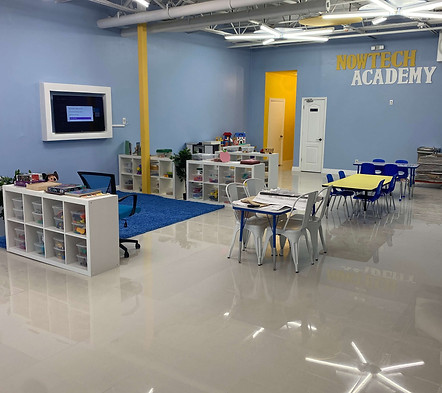
Unlock Your Child's Potential with VPK in Pembroke Pines
VPK Program FL
VPK * : 4 Years - Voluntary Prekindergarten Education Program
* If you live in Florida and your child turns (4) four years of age by September 1st, your child is eligible to participate in Florida's FREE Voluntary Prekindergarten (VPK) education program.
7:00 am - 6:00pm
-
Advanced Cognitive Development
-
Technology based Curriculum
-
Computers and Coding
-
Memorization and Identification
-
Reasoning Skills
Language
To support language development and emergent writing skills, teachers:
-
Encourage children to use more complex sentences.
-
Encourage children to contribute to group conversations.
-
Encourage children to retell familiar stories using props.
-
Help children recognize their own name in print.
-
Provide tools for children to create writing marks in sand and other media with a stylus.
-
Help children begin to recognize most uppercase and some lowercase letters.
-
Encourage children to draw to tell stories, dictate their stories to their teachers, and use invented spellings to label their work.
-
Encourage children to retell familiar stories using props.
Math
Children use math to solve problems, create plans and interpret the world around them. To encourage the exploration of math concepts, teachers:
-
Provide board games with opportunities to count and compare quantities.
-
Encourage children to match patterns of items and creating their own patterns.
-
Have children help set the table, count items to ensure that each member of the class has what they need.
-
Encourage children to talk about the sequence of events.
-
Encourage children to create and extend patterns.
-
Encourage children to name and write numbers 0-10.
-
Use position terms such as above, below, beside, and between.
Science
Children are given opportunities to engage in hands-on scientific exploration and predict outcomes of experiments. To help children explore science concepts, teachers plan scientific experiments such as:
-
Encourage children to sort objects based on different attributes and explain their reasoning.
-
Mixing baking soda and vinegar and have children observe what happens.
-
Experiment with colored water so children can examine primary colors and create secondary colors
-
Plant seeds and have children predict growth patterns and document their observations.
-
Provide classroom objects to create simple machines to enhance their play.
Social/Emotional
Our teachers help children learn how to:
-
Identify their emotions and the emotions of others.
-
Use words and actions to effectively express how they feel.
-
Regulate their emotions with adult support, if needed.
-
Maintain friendships.
-
Play with peers for an extended period of time.
Physical
The curriculum incorporates gross (large) motor development and also personal care routines. Children learn to:
-
Demonstrate coordination and balance in a variety of activities.
-
Communicate about foods that will keep them healthy.
-
Demonstrate basic safety practices.
-
Attend to personal care practices with minimal help from adults.





